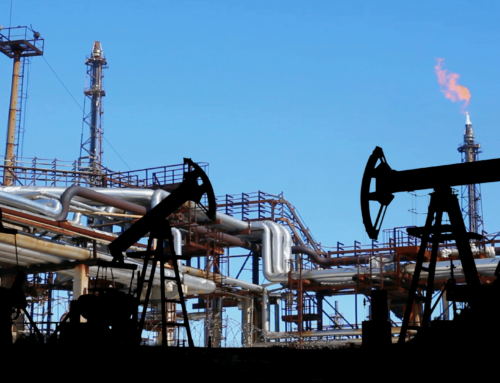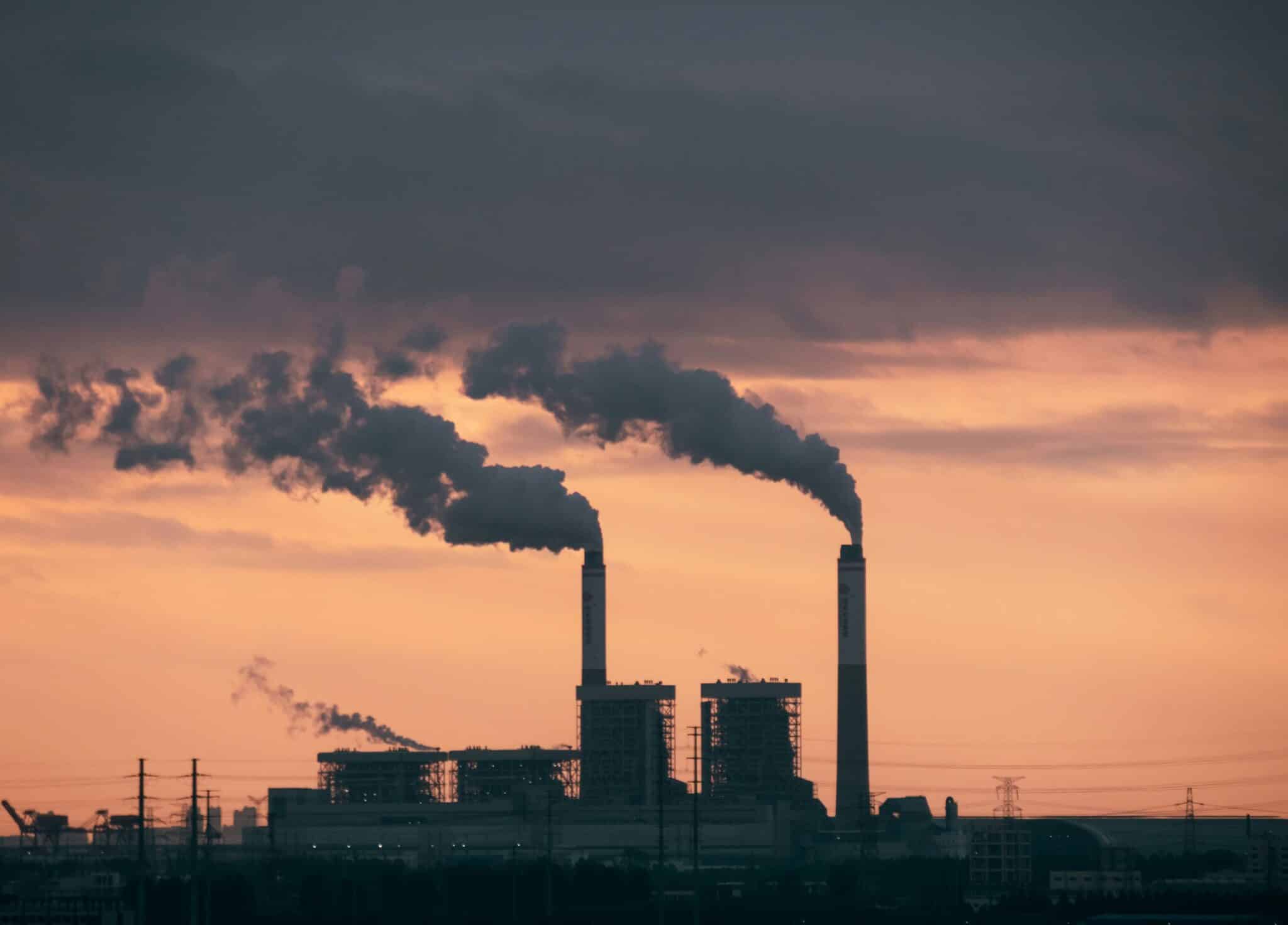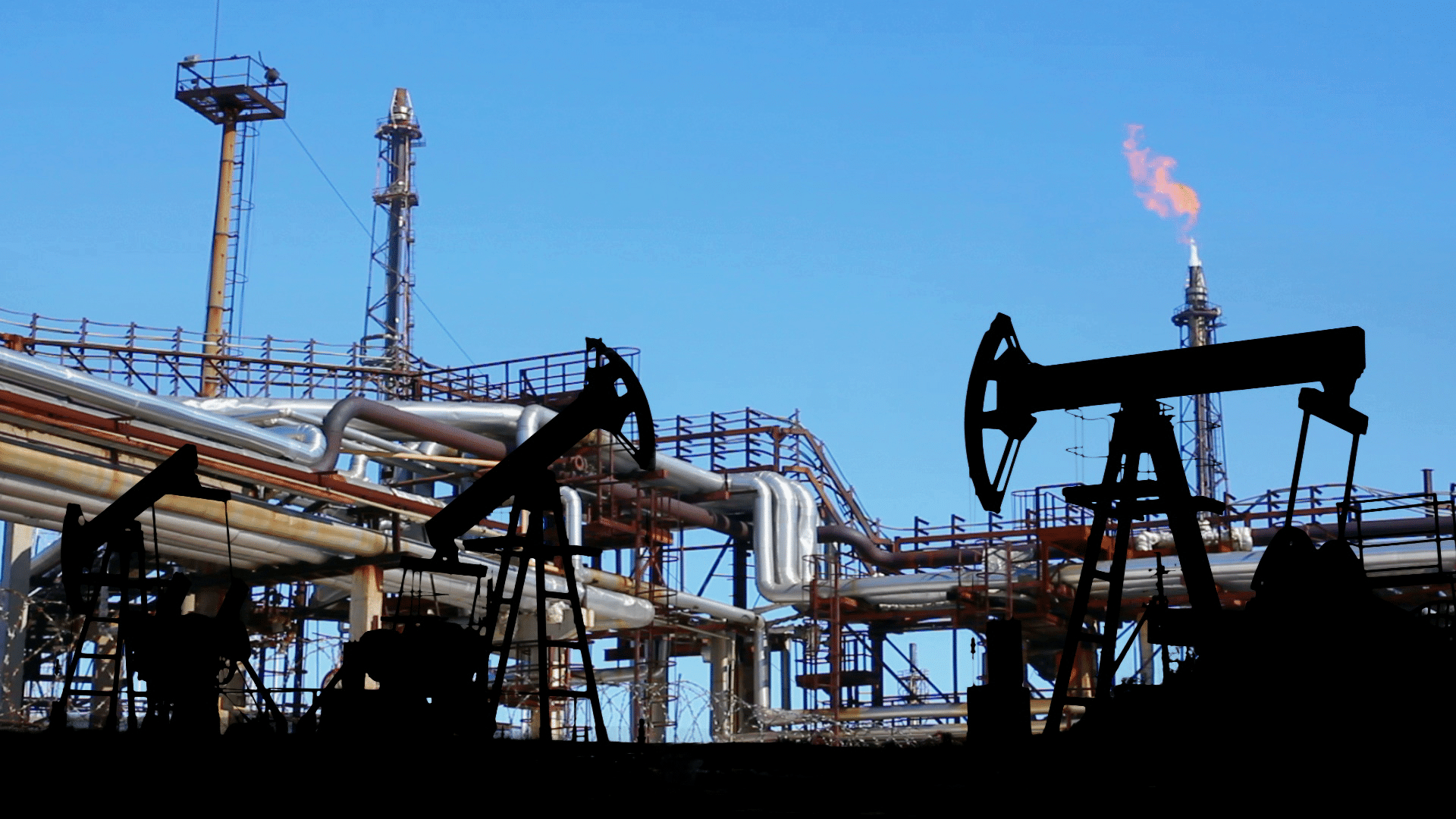O n February 4th, the Senate Energy and Natural Resources (ENR) Committee held a hearing on the President’s FY2011 Department of Energy (DOE) budget . DOE Secretary Steven Chu was the only witness and answered a range of questions on clean energy, concerns with fossil fuel dependence, and new funding for nuclear loan guarantees.
Sec. Chu’s testimony focused on investments in clean energy technology, as well as savings the President has proposed from eliminating $38.8 billion worth of fossil fuel subsidies . Many of the panel’s questions were in response to the President’s proposed investments in nuclear energy, including $36 billion in new loan guarantee authority exclusively for the nuclear industry. Many committee members showed enthusiasm for this new investment, including Chairman Bingaman (D-NM) and ranking member Murkowski (R-AK), who added that she is frustrated that none of the $18.5 billion in loan guarantees already authorized for the nuclear industry have been distributed. Sec. Chu later commented that “despite appearances” DOE is close to issuing its first nuclear loan guarantee . [1] Senator Sanders (I-VT) pointed out taxpayer risk associated with the nuclear loan guarantees , suggesting that nuclear loan guarantees are not a good taxpayer investment because the Congressional Budget Office (CBO) estimates that they’ll have a 50% or higher default rate.
In response to the senators’ questions on the President’s proposal to cancel the Yucca Mountain nuclear waste repository project, Sec. Chu explained there is better information now on how to dispose of nuclear waste, and Yucca Mountain is no longer the best option. Sen. Burr (R-NC) challenged this argument, asking why these other waste disposal options weren’t included in the budget. Sec. Chu responded that a Blue Ribbon Commission has been formed to determine the best solution for nuclear waste disposal.
ENR panel members were also concerned with the progress of the FutureGen initiative to build a commercial-scale clean coal plant in Mattoon, Illinois. The project, originally proposed in 2001, has experienced repeated cost overruns and construction delays. Sec. Chu stated that the project is very expensive, and DOE is waiting for FutureGen to attract more private partners. Currently, DOE is slated to contribute $1.073 billion to the project with $400-600 million expected from private partners (based on the FutureGen Alliance attracting 9 more partners). Sen. Brasso (R-WY) wanted to know why it has been so hard to get the FutureGen project off the ground, and Sec. Chu responded that DOE is still in a complex negotiation period, and we need to make sure “we’re protecting taxpayer money.” Sen. Murkowski asked why there are no loan guarantees for carbon capture and storage (CCS) technology. Sec. Chu responded that loan guarantees are for projects that can be implemented quickly, and added that there is already some loan guarantee authority for fossil fuel projects.
Overall, the Department of Energy’s 2011 budget is a mixed bag. It includes positive fossil fuel cuts that generate taxpayer savings, but also increases funding for loan guarantees that put significant taxpayer dollars at risk. The budget also invests $545 million in advanced coal climate change technologies when current clean coal projects are facing delays and cost overruns. Secretary Chu has stated DOE is “committed to being good stewards of the taxpayers’ money,” but this budget falls short. We urge Congress to exercise fiscal discipline and make the tough cuts to lose the excess fat in the Department of Energy budget.
- Watch a video of the ENR hearing
- See Secretary Chu’s testimony
- View a fact sheet of DOE’s 2011 budget proposal
- See TCS’s analysis of the President’s FY2011 budget request
Take Action
- Ask your members of Congress to support the Administration's fossil fuel cuts
- Save taxpayers from risky nuclear loan guarantees
For more information, please contact Autumn Hanna at (202) 546-8500 x112 or autumn [at] taxpayer.net.
[1] The Obama Administration announced the first nuclear loan guarantee for Southern Company on February 16, 2010.










